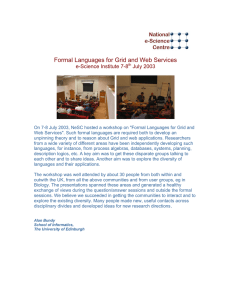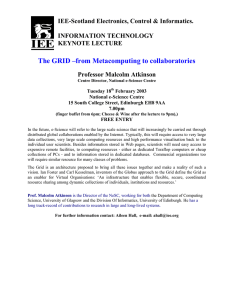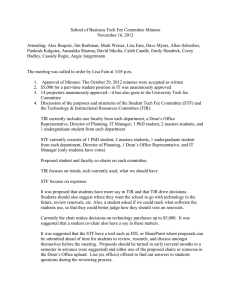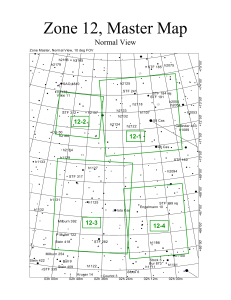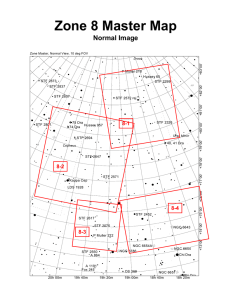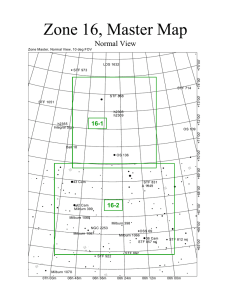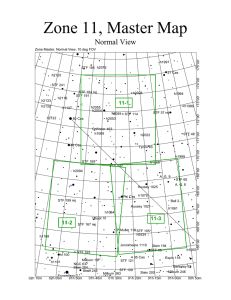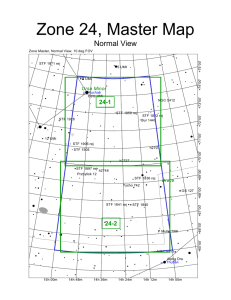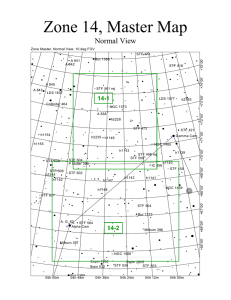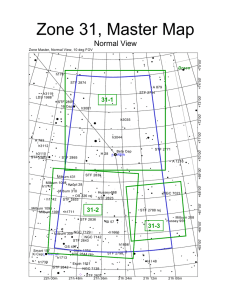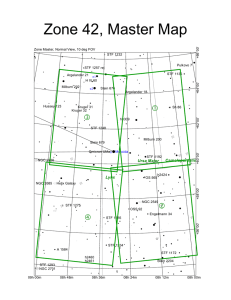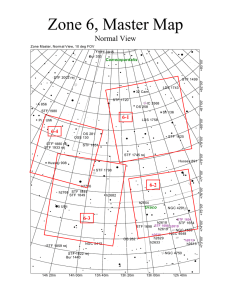Security Workshop
advertisement
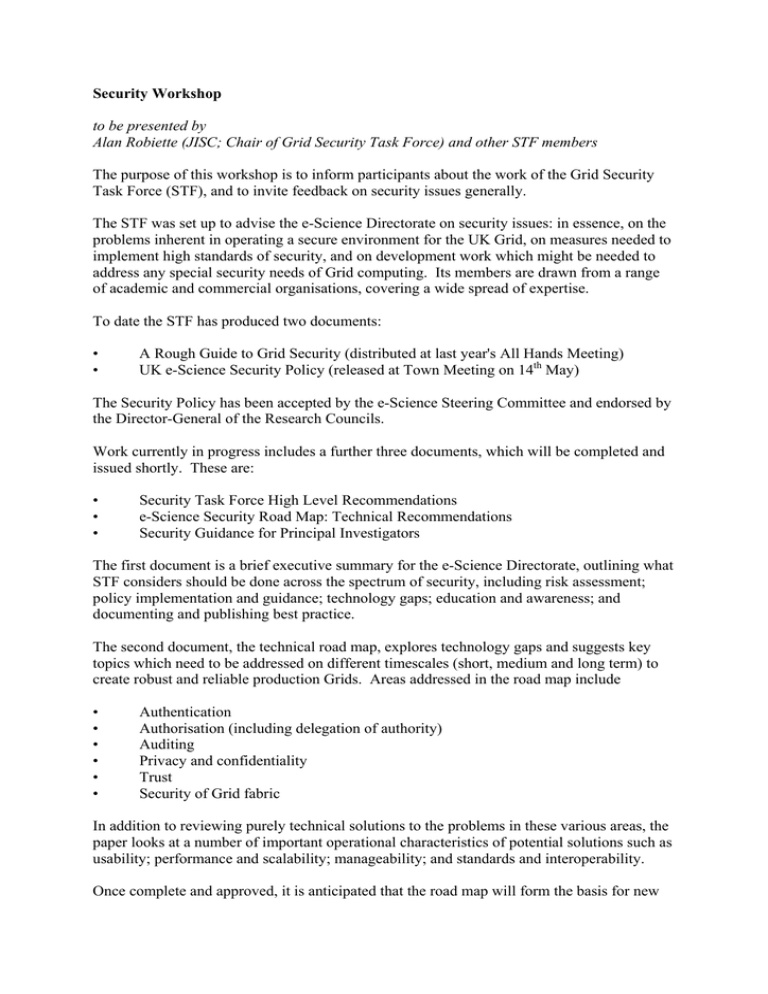
Security Workshop to be presented by Alan Robiette (JISC; Chair of Grid Security Task Force) and other STF members The purpose of this workshop is to inform participants about the work of the Grid Security Task Force (STF), and to invite feedback on security issues generally. The STF was set up to advise the e-Science Directorate on security issues: in essence, on the problems inherent in operating a secure environment for the UK Grid, on measures needed to implement high standards of security, and on development work which might be needed to address any special security needs of Grid computing. Its members are drawn from a range of academic and commercial organisations, covering a wide spread of expertise. To date the STF has produced two documents: • • A Rough Guide to Grid Security (distributed at last year's All Hands Meeting) UK e-Science Security Policy (released at Town Meeting on 14th May) The Security Policy has been accepted by the e-Science Steering Committee and endorsed by the Director-General of the Research Councils. Work currently in progress includes a further three documents, which will be completed and issued shortly. These are: • • • Security Task Force High Level Recommendations e-Science Security Road Map: Technical Recommendations Security Guidance for Principal Investigators The first document is a brief executive summary for the e-Science Directorate, outlining what STF considers should be done across the spectrum of security, including risk assessment; policy implementation and guidance; technology gaps; education and awareness; and documenting and publishing best practice. The second document, the technical road map, explores technology gaps and suggests key topics which need to be addressed on different timescales (short, medium and long term) to create robust and reliable production Grids. Areas addressed in the road map include • • • • • • Authentication Authorisation (including delegation of authority) Auditing Privacy and confidentiality Trust Security of Grid fabric In addition to reviewing purely technical solutions to the problems in these various areas, the paper looks at a number of important operational characteristics of potential solutions such as usability; performance and scalability; manageability; and standards and interoperability. Once complete and approved, it is anticipated that the road map will form the basis for new development work to be carried out by the e-Science community. Finally the third document, guidance for Principal Investigators, is intended as a practical guide which will assist PIs and project staff to put sound security measures in place and to ensure that their projects conform to the e-Science Security Policy. The workshop will be based around short presentations from the authors of these documents and will encourage comment and discussion from the audience. It is hoped that this will inform the work of the STF in the coming year.
